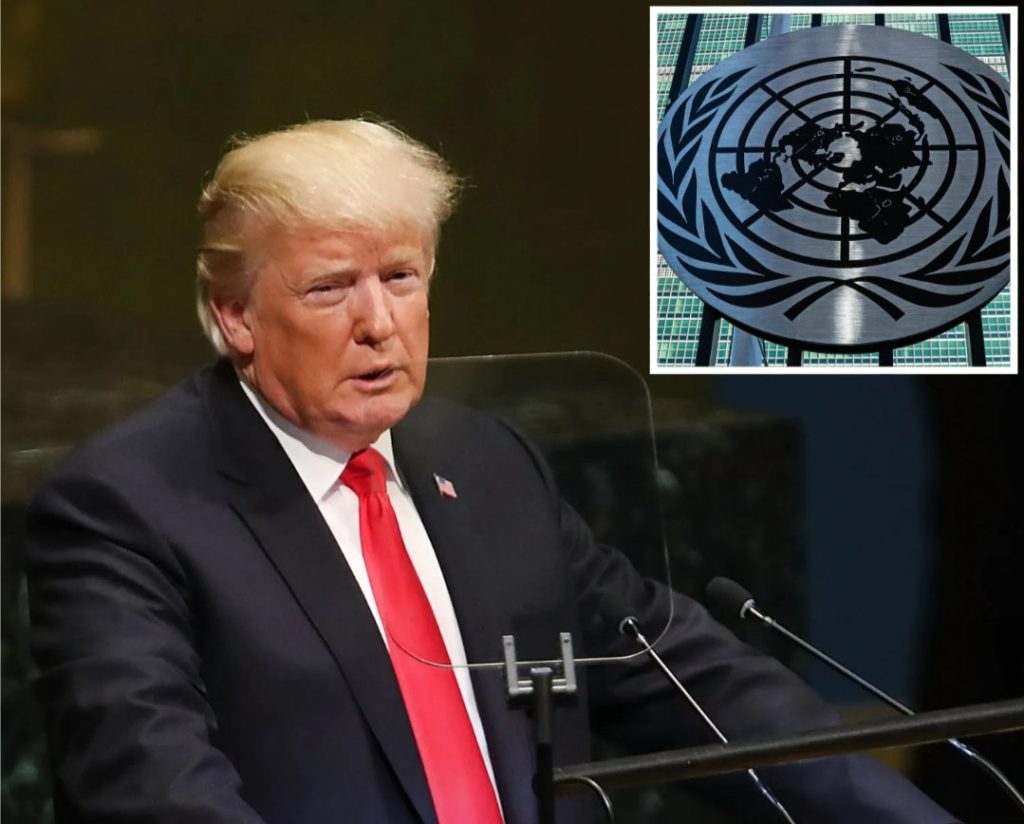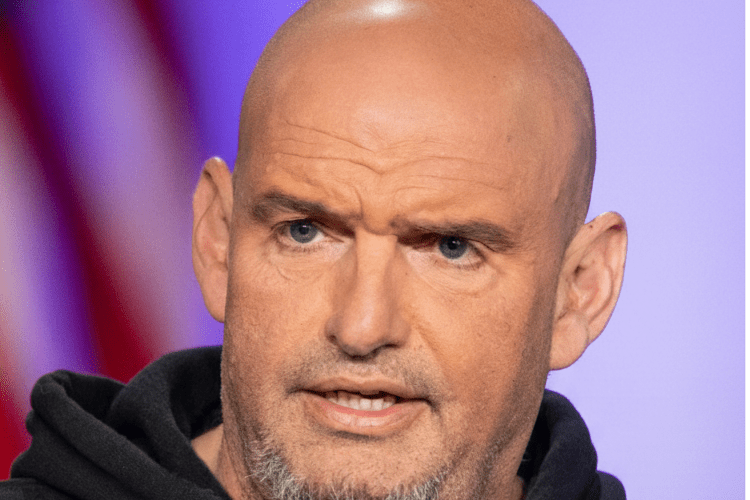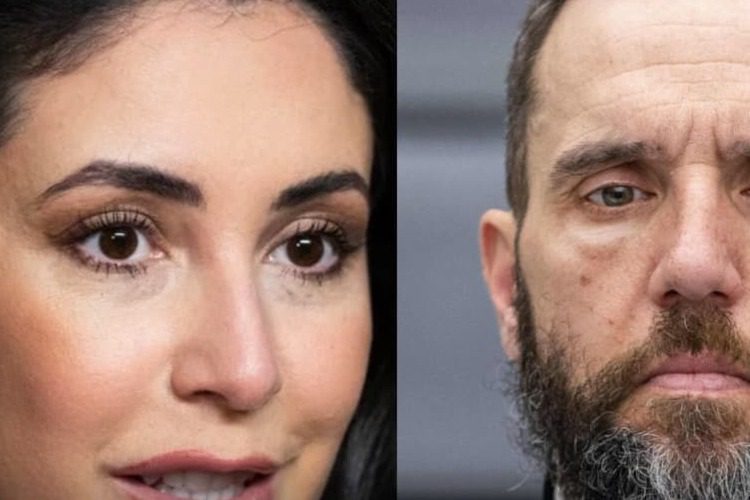Trump Declares America the Defender of Western Civilization While Slamming Globalism in Fiery UN General Assembly Address
When President Donald Trump took the podium at the United Nations General Assembly, the atmosphere in the hall carried that unmistakable mix of anticipation and tension. Everyone knew he wasn’t going to give the kind of carefully measured, diplomatic address that so many leaders prefer. Instead, he leaned into what has become his signature style—direct, unapologetic, and deeply rooted in the idea of America first. His speech was less about soothing global partners and more about drawing a bold line in the sand: the United States, under his leadership, was not going to bend to the ideals of globalism. It was going to stand tall as a protector of Western civilization and all that it represents.
The weight of his words wasn’t only in what he said but in how he said it. He delivered the speech with conviction, declaring that nations thrive not by surrendering their identity to global bureaucracies but by cherishing their culture, history, and sovereignty. For Trump, the failures of globalism were obvious: weakened borders, compromised economies, and people left behind by an international system that too often placed the interests of elites above the everyday citizen. By contrast, he framed America as a model of resilience, arguing that national pride and strong leadership were the real keys to prosperity.
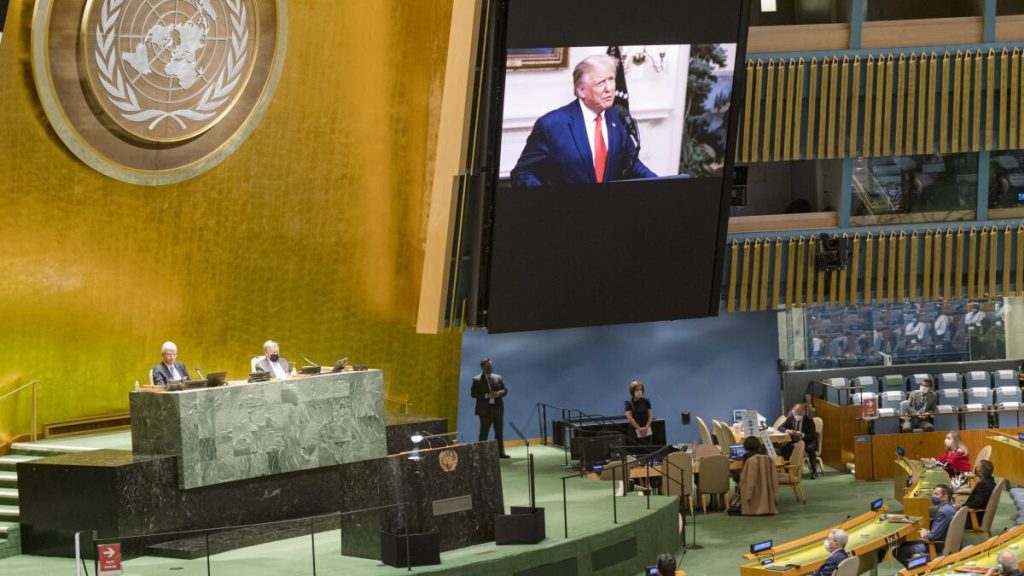
This wasn’t the first time Trump had challenged the UN establishment, but it may have been one of his most striking moments on the world stage. The General Assembly hall, filled with diplomats from across the globe, listened as he rejected the notion that pooling sovereignty into larger international systems could ever replace the importance of a nation’s own will. His defense of Western civilization wasn’t about excluding others—it was about preserving the values he believes built freedom, innovation, and strength: democracy, individual rights, and the belief in self-determination.
Critics will undoubtedly call his words divisive, and his rejection of globalism will spark debate long after the applause dies down. But for his supporters, this speech will be remembered as a declaration that America remains unafraid to challenge the prevailing narratives. He wasn’t offering apologies, and he wasn’t softening his message for global audiences. Instead, he doubled down on his belief that only strong, independent nations can truly build a stable world. In Trump’s eyes, globalism has too often failed to keep people safe, failed to promote fair trade, and failed to deliver justice on the global stage.
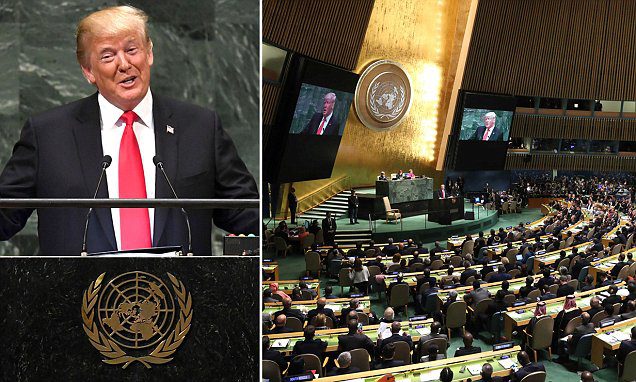
What stood out most was not only his criticism but also his vision of America’s role. He positioned the United States as a shield against the erosion of values he said were under threat. He framed it as not just a duty but a destiny: America as the defender of civilization, not just for its own sake but for the broader Western world that shares its foundations.
There was a raw honesty to the address, the kind that reminds audiences that Trump has never been a leader who blends into the background. Whether one agreed with his stance or not, there was no denying that he spoke with the force of someone determined to carve a path forward, even if it meant standing against the tide of international consensus. For Trump, this wasn’t just another UN speech. It was a moment to lay down a marker in history: America’s course will be charted by its people, not dictated by distant global institutions.
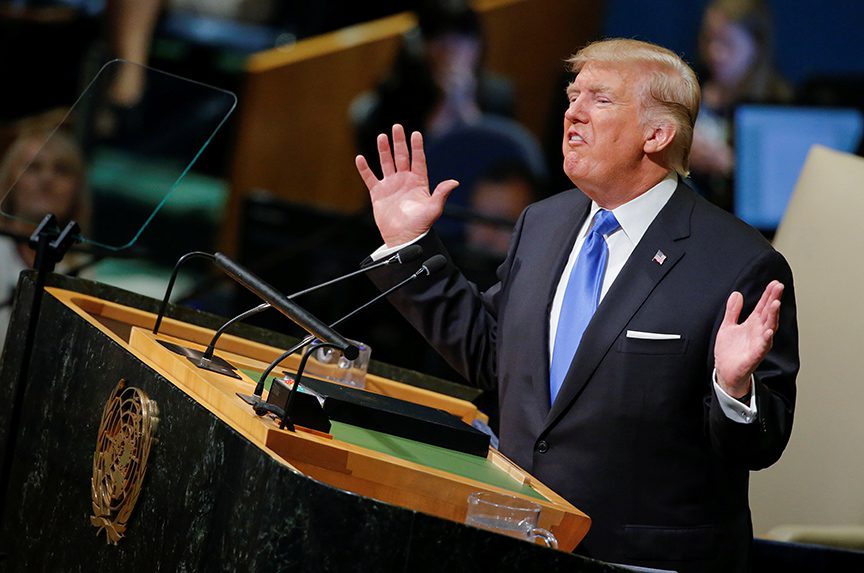
As the assembly concluded and the cameras clicked, one thing became clear—Trump had once again turned a global platform into a stage where his message could reverberate far beyond the walls of the UN. Love him or hate him, the world was listening, and that, perhaps, was the point all along.
